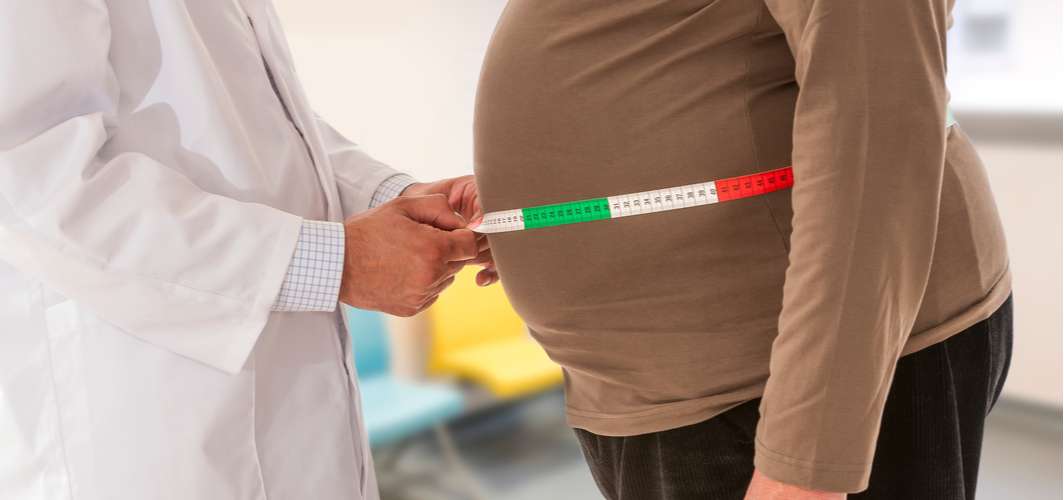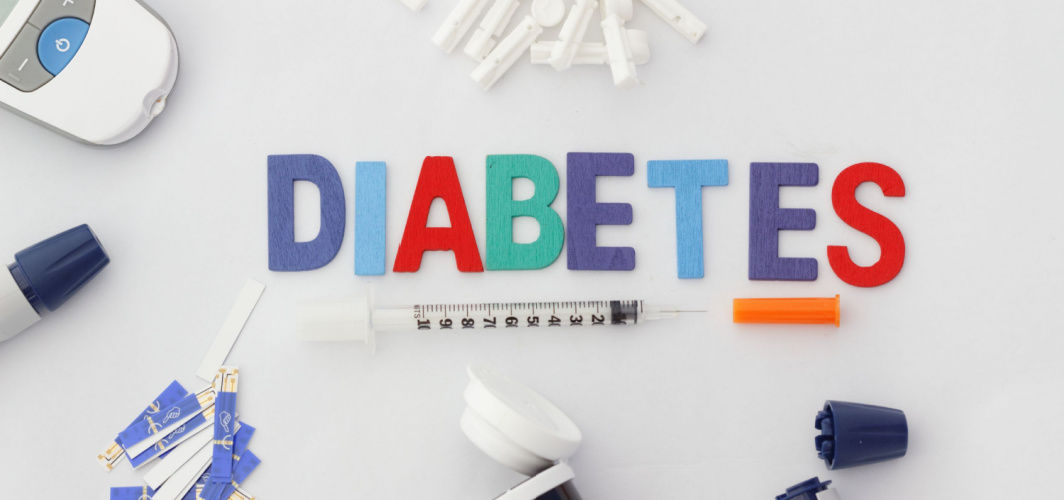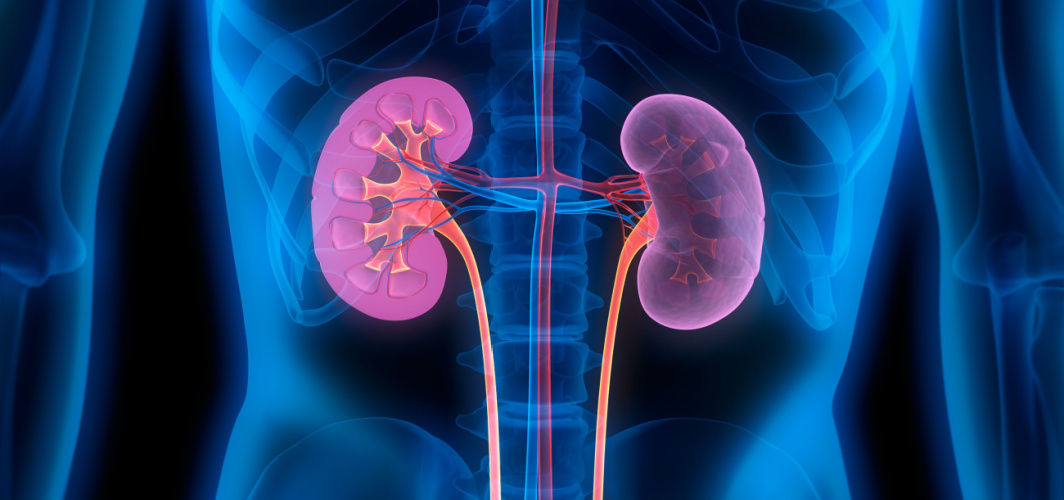Diabetes Management
How Can Diabetes Patients Boost Immunity During COVID-19?
8 min read
By Apollo 24/7, Published on - 03 June 2020, Updated on - 27 August 2023
Share this article
1
9 likes

COVID-19 is an infectious disease caused by the recently discovered Coronavirus. Early studies on COVID-19 have revealed that 80% of infections are either mild or asymptomatic. About 15% are severe which may require hospital admission and the remaining 5% are critical requiring mechanical ventilation. Coronavirus is likely to cause either severe or critical illness in the high-risk groups which include the elderly, people with existing diseases like diabetes, and those with depressed immunity.
What does the research on COVID-19 patients with diabetes reveal?
A research was done on 5,700 patients in New York to study the common comorbidities and their outcomes in COVID-19 patients. Comorbidity is the existence of more than one disorder in a person. In patients with comorbidities, diabetes was the third most common ailment with nearly 34% of COVID-19 patients also having diabetes. Of the patients who were discharged after treatment, both diabetic, as well as non-diabetic patients, needed Intensive Care Unit (ICU) admission/mechanical ventilation in almost similar percentages.
A similar study was done to analyze the correlation between COVID-19 deaths and existing comorbidities in China. Out of 168 patients included in the study, diabetes was the second most common medical condition seen in 25% COVID-19 patients Though the data on COVID-19 is evolving with each passing day, early studies have revealed that the patients with diabetes may have a higher risk of severe COVID-19 illness.
To know the well-being of your heart, Book Diabetes Panel Test
Why are diabetic patients at higher risk of severe illness due to COVID-19?
Once a person is infected with Coronavirus, the body’s immune system gets activated to fight the disease. Since diabetic patients are known to have lesser immunity against diseases, their bodies may not be able to fight against Coronavirus effectively.
The reasons for lesser immunity in diabetes patients are as follows:
- They generally have decreased cell response needed to fight against infections. Cell response means the activation of the immune cells by the human body against infection.
- Some viruses and bacteria may be more infectious in people with uncontrolled blood sugar level
As diabetic patients may have depressed immunity to fight against Coronavirus, they should improve their immunity and reduce the risk of severe COVID-19 illness.
What types of food items help in improving our immunity?
Our body’s immune system cannot function properly without the basic building blocks like vitamins, minerals, etc. Eating a well-balanced diet strengthens our immune system. Hence, we should eat fresh and unprocessed food every day to get the vitamins, minerals, dietary fibre, protein, and antioxidants needed for our body.
The World Health Organization (WHO) has recommended some nutritional tips that can help in fighting COVID-19. We’ve listed them for you below:
- Eat 2 cups of fresh fruits, 2.5 cups of vegetables, 180 grams of whole grains daily divided over 4 to 5 meals. In each meal, we should add 160 grams of either meat or beans, depending on our dietary preferences
- For non-vegetarians, it is better to limit red meat intake to 1 to 2 times per week and chicken 2 to 3 times per week It is better to avoid mangoes, banana and grapes in fruits
- Drink at least 8 to 10 cups of water per day
- Prefer fresh fruit juices without added sugar. Take tea and coffee without added sugar
- Consume unsaturated fats found in fish, avocado, nuts, olive oil, soy oil and sunflower oil in moderation
- Avoid saturated fats found in food items like butter, cheese and ghee
- Limit your daily intake of salt to about 1 teaspoon; prefer iodized salt
- Avoid outside food especially raw food items
- Do moderate physical activity daily for at least 30 minutes like walking, jogging, and yoga.
This is a general diet plan advised to all people. However, it may vary for different individuals based on their blood sugar control and other comorbidities.
Based on the studies from the National Institute of Health (NIH), many food items can control blood sugars thereby improving immunity in diabetes patients. Some of them are as follows:
- Bitter Gourd or Karela: It is known to have anti-diabetic properties when taken in the form of juice or powder. Pre-diabetes is a condition when the patient will have borderline blood sugar levels and they might be controlled on diet, physical activity. A study was published in NIH and it included 52 people with pre-diabetes. They were given 2.5 grams of bitter gourd powder for eight weeks and it showed improvement in Fasting Blood Sugar levels (FBS). Additionally, the higher was the initial blood sugar levels, the more pronounced was the effect.
- Indian Gooseberry or Amla: It is known to have dual effects, of reducing both blood sugar levels as well as blood cholesterol levels. A comparative study was published in NIH on both diabetic and non-diabetic persons. They were given 2 or 3 grams of amla powder for 21 days and they showed improvement in both fasting and postprandial blood sugars.
- Green tea: It is known to decrease blood pressure, reduce blood cholesterol, eliminate the accumulation of fat around the waist, reduce blood sugar levels, and also have antioxidant properties. A study published in NIH revealed that only consuming green tea does not have a significant effect on decreasing blood sugar levels. However, when given in addition to soybean or insulin therapy, a reduction in blood sugar level was noticed.
- Black plum or Jamun: It is known to help in reducing blood sugar levels, increasing insulin secretion/ sensitivity, and improving cholesterol levels. Jamun is also known to have antioxidant properties, apart from aiding in the protection of the liver. A study was published in NIH which included Type 1 diabetic mice and rabbits. It revealed that giving Jamun extracts showed improvement in their blood sugar levels.
- Vitamin B 12: Diabetes is an oxidative stress disease; this means it can trigger cell damage. Vitamin B12 deficiency in diabetic patients is associated with oxidative stress, further increasing the complications. Hence, it is advisable to take vitamin B 12 supplements to prevent deficiency only under advice from and supervision by a doctor.
- Fenugreek or Methi: Few studies have shown improvement in fasting blood sugar levels and Glycated hemoglobin (HBA1c) levels in diabetic patients by consuming fenugreek. HBA1c is the test that shows a person’s blood sugar status in the last 90 days.
- Bitter melon and cinnamon: Few studies showed that bitter melon and cinnamon can reduce blood sugar levels.
- Holy Basil or Tulsi: It is known to reduce blood sugar levels, protect heart, reduce stress, and can help us fight against most infections. It also has antioxidant properties.
- Garlic: It is known to reduce blood sugar levels, have antioxidant properties, and also protect the heart.
Taking into consideration the data on the individual success of these food products, many researchers studied the effect when they are combined into composite supplements. Most of the studies have shown positive results by reducing blood sugar levels. Hence, it is advisable to take supplements under the doctor’s supervision.
What are antioxidants and ORAC?
In response to infection, white blood cells are (WBCs) released by our body which, in turn, release toxic oxygen compounds. While these compounds kill the viruses they also damage healthy cells and wear out the immune system. To avoid this situation, our body relies on antioxidants which help to keep toxic oxygen compounds in control. Hence, it is important to add foods that have antioxidant properties in our diet.
The most common antioxidants are Vitamin C, Vitamin E, Selenium, and carotenoids. Many fruits and vegetables are rich sources of antioxidants. ORAC is the Oxygen Radical Absorbance Capacity, a value determined in a laboratory to compare the antioxidant content of different foods. The United States Department of Agriculture (USDA) recommends an ORAC unit ingestion of 3000 to 5000 units daily. Cinnamon and spices have the highest ORAC values.
ORAC values of few foods in µmol TE/ 100g have been given below:
- Cinnamon – 131420
- Dried Basil – 61063
- Black plum –7581
- Garlic - 5708
- Gooseberry – 3332
- Fenugreek - 2090
- Green tea – 1253
- Bitter melon - 319
- Bitter gourd – 238
Conclusion:
Since there is no definitive treatment for COVID-19 yet, diabetic people may improve their fighting chance against Coronavirus by boosting their immunity. Certain foods like Jamun, green tea, garlic, and amla can control blood sugars and additionally have an antioxidant effect. Hence, it is advisable to include them in a regular diet. People with diabetes may consult their doctor to include additional supplements along with a healthy diet. This may help improve the immunity depressed by a long-standing disease like diabetes.
You can also manage your diabetes like a pro with Apollo 24|7's 12-week empower programme.
Diabetes Management
Leave Comment
Recommended for you

Diabetes Management
The Link Between Abdominal Fat and Diabetes
Excess abdominal fat, particularly visceral fat around the organs, is associated with an increased risk of developing diabetes. Visceral fat produces hormones and substances that can interfere with insulin function and lead to insulin resistance, a key factor in the development of diabetes.

Diabetes Management
Top 5 Misconceptions About Diabetes- Know The Facts Here!
Diabetes is one of the leading global public health concerns. Despite its increasing prevalence around the world, there are plenty of myths and misconceptions associated with the condition and its treatment. To deal with diabetes, it’s vital to know what’s true and what’s not. So, here is more about some common misconceptions about diabetes and the truth behind them.

Diabetes Management
Diabetic Nephropathy: Are Your Kidneys At Risk?
Diabetic nephropathy is a serious complication of prolonged diabetes that can lead to kidney damage and even kidney failure. Diabetics need to be aware of their risk of developing diabetic nephropathy and take steps to prevent it.
Subscribe
Sign up for our free Health Library Daily Newsletter
Get doctor-approved health tips, news, and more.
Visual Stories

8 Fruits That are Incredibly Healthy for Diabetes
Tap to continue exploring
Recommended for you

Diabetes Management
The Link Between Abdominal Fat and Diabetes
Excess abdominal fat, particularly visceral fat around the organs, is associated with an increased risk of developing diabetes. Visceral fat produces hormones and substances that can interfere with insulin function and lead to insulin resistance, a key factor in the development of diabetes.

Diabetes Management
Top 5 Misconceptions About Diabetes- Know The Facts Here!
Diabetes is one of the leading global public health concerns. Despite its increasing prevalence around the world, there are plenty of myths and misconceptions associated with the condition and its treatment. To deal with diabetes, it’s vital to know what’s true and what’s not. So, here is more about some common misconceptions about diabetes and the truth behind them.

Diabetes Management
Diabetic Nephropathy: Are Your Kidneys At Risk?
Diabetic nephropathy is a serious complication of prolonged diabetes that can lead to kidney damage and even kidney failure. Diabetics need to be aware of their risk of developing diabetic nephropathy and take steps to prevent it.